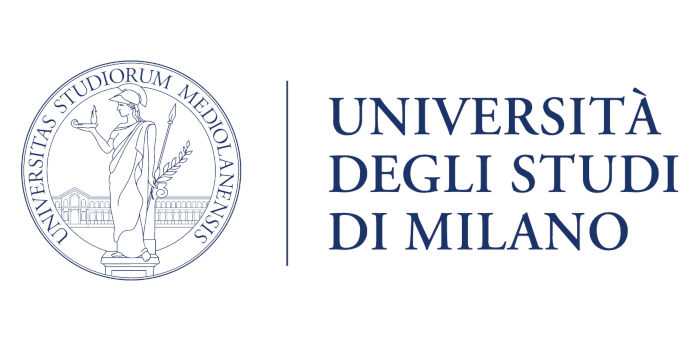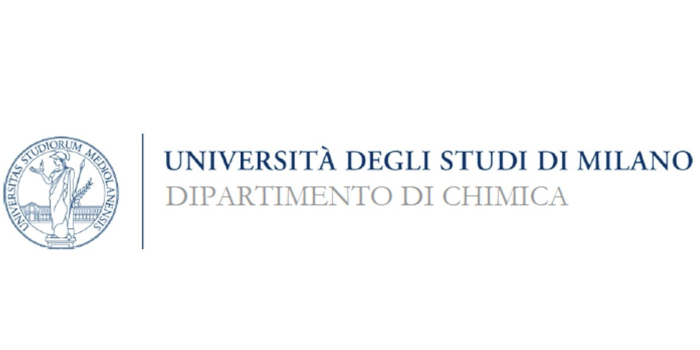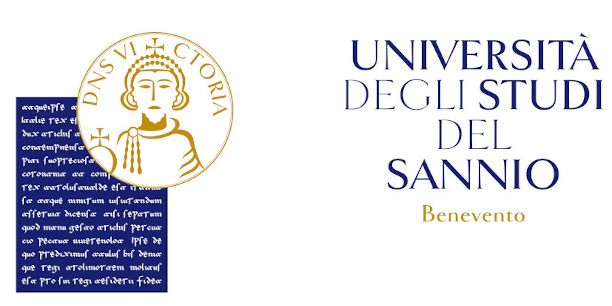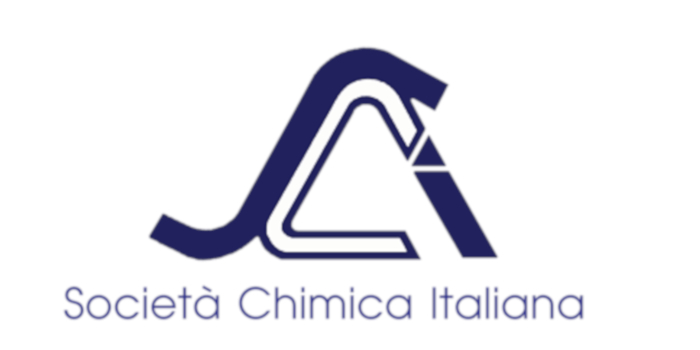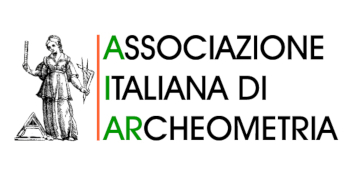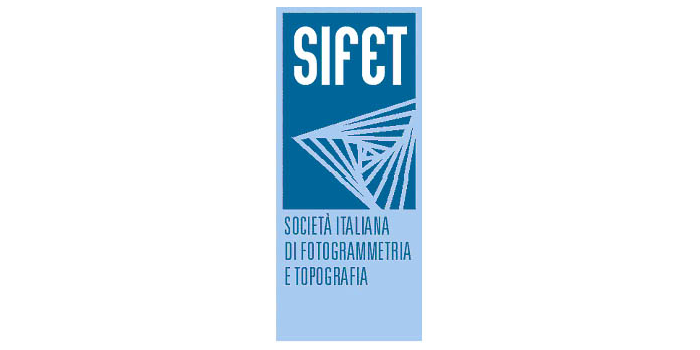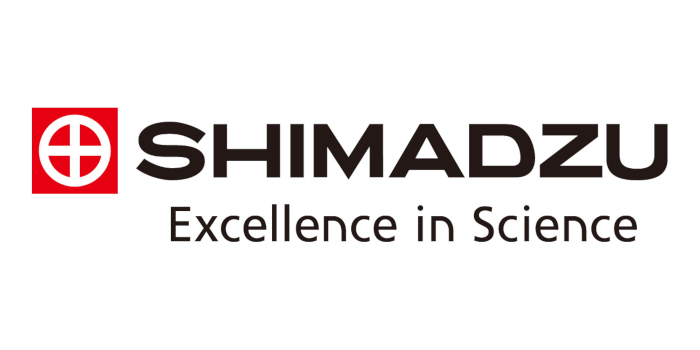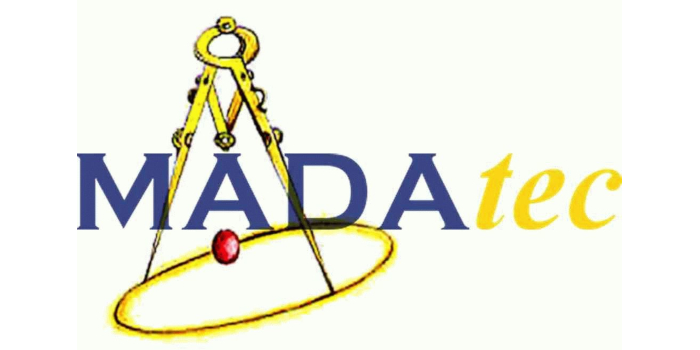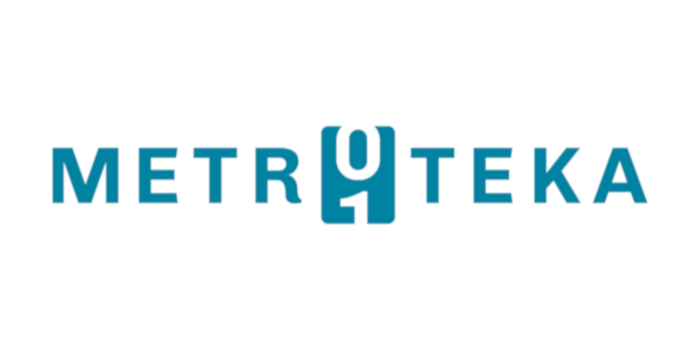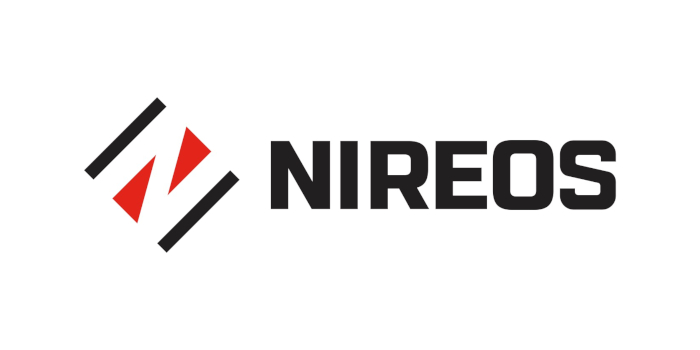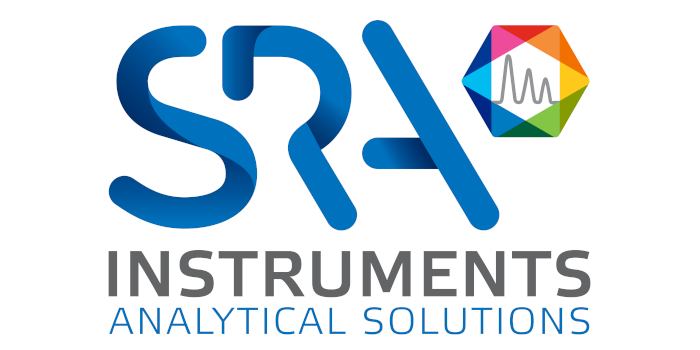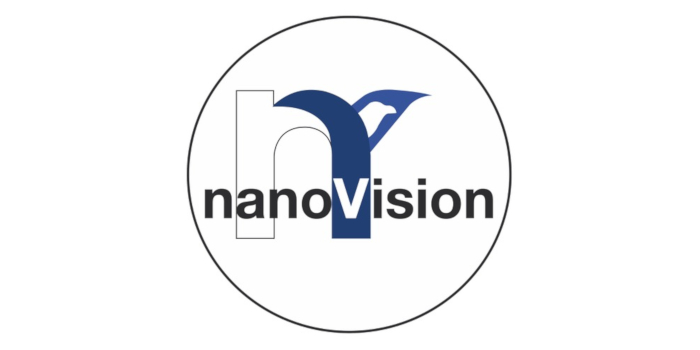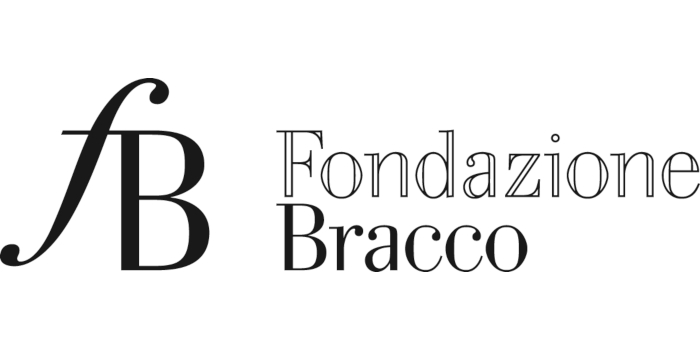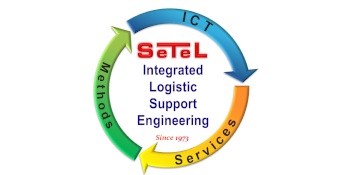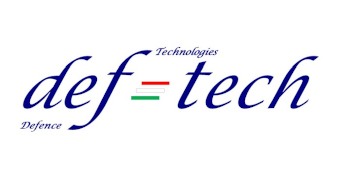ARCHAEOMETRY FOR ARCHAEOLOGY: PROVENANCING AND TECHNOLOGICAL ASSESSMENT OF ARTIFACTS FROM ARCHAEOLOGICAL SITES AND MUSEUMS
ORGANIZED BY
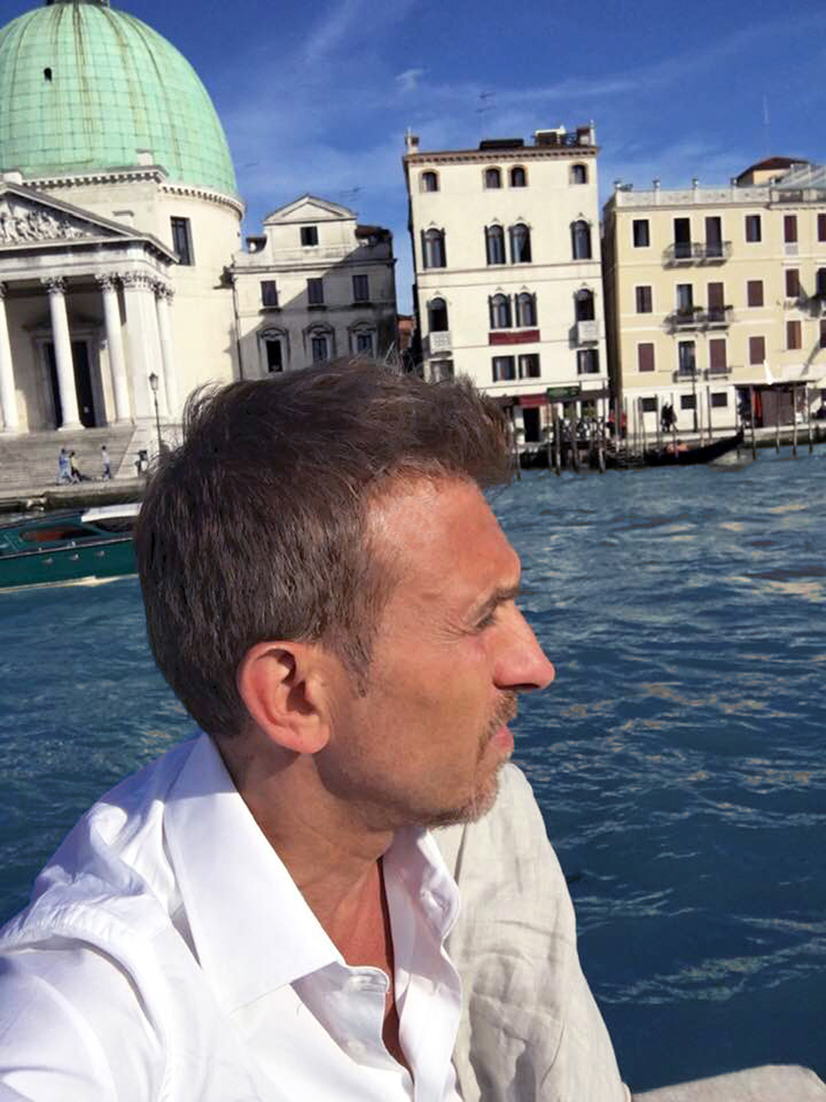
Fabrizio Antonelli
University Iuav of Venice
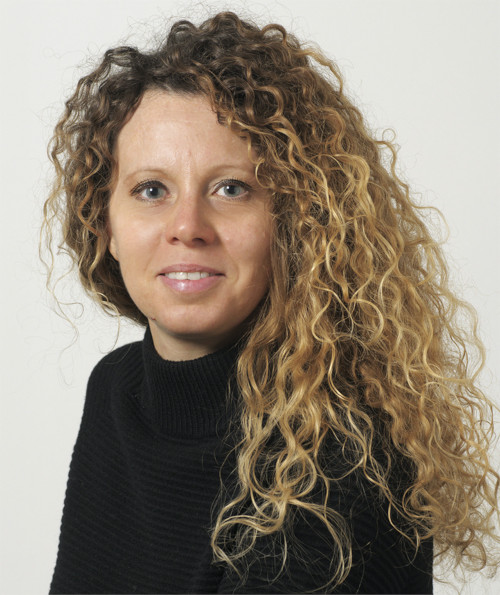
Lara Maritan
University of Padova
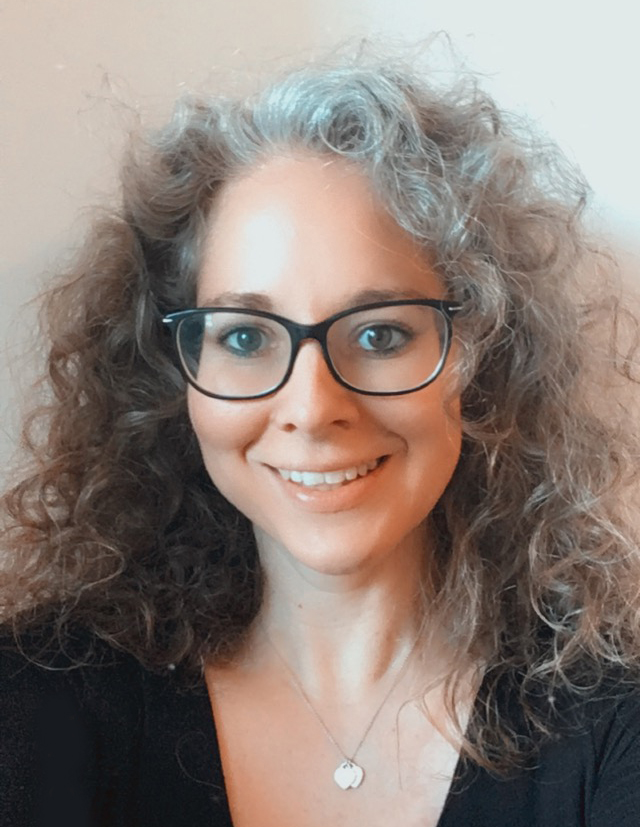
Rebecca Piovesan
University Iuav of Venice
ABSTRACT
According to the modern concept, archaeometry and archaeological science correspond and refer “to the development and application in archaeology of techniques and concepts drawn from the natural sciences and engineering”. Therefore, from a service discipline to resolve archaeological issues, archaeometry became a fundamental part of archaeology itself. In this view, the present session focuses on the application of scientific methods, such as those used in mineralogy, petrography, geochemistry, geoarchaeology, geophysics and physics for the study of ancient materials from archaeological sites, historic buildings and museums: stone and lithic artifacts, ceramics, glass, mortar-based materials, pigments, metals and wood. It will guest contributions addressed to solve provenance issues, as well as aimed to characterize the construction techniques and to define the production technology of archeological findings.
Analytical methods focused on the knowledge of materials of the archaeological artifacts usually produce a large number of datasets. Therefore additional methods, such as geostatistic tools, can provide an adequate support for the management of these data. Finally, besides the characterization of materials from archaeological sites and historical buildings, an appropriate planning of preservation strategies is also required by using innovative materials and products, as well as appropriate digital documentation for a long term fruition of archaeological heritages by means of geomatics tools.
TOPICS
The themes proposed for the special issue contributes are:
- characterization, diagnosis, dating, provenance and technology of materials from archaeological contexts and ancient architectures;
- innovative, non-invasive and non-destructive methods for the scientific investigation of archaeological heritages;
- study of the stability of treatments used for the conservation of cultural heritage;
- archaeology and geomatics;
- archaeology and geostatistics;
- archeological geophysics.
ABOUT THE ORGANIZERS
Fabrizio Antonelli is Associate Professor of Georesources and minero-petrographic applications for the environment and cultural heritage (GEO/09) at Iuav University of Venice (Italy) where he teaches “Applied Petrography” and “Mineral geo-resources and minero-petrographic applications for cultural heritage” at M.Sc. and B.Sc. levels, respectively. Since 2015 he has been the Scientific Head of the LAMA - Laboratory for the Analysis of Ancient Materials and the Laboratory for the Conservation of Building Materials (LabCoMaC) of the IUAV University of Venice. Prof. Antonelli is an internationally recognized expert in archaeometric studies of ancient marbles and stones. His main research interests include also ceramics, mortars, and glass as well as the application of mineralogy and petrography sciences to the restoration and conservation of building and ornamental materials of the cultural heritage. Prof. Antonelli has been the PI and key-person of many peer-reviewed national and European research projects. He organized several conferences and sessions at international and national congresses on archaeometry and geosciences for cultural heritage. He has published more than 100 papers in national and international ISI journals.
Lara Maritan is an Associated Professor in Georesources and minero-petrographic applications for the environment and cultural heritage (GEO/09) at the Department of Geosciences, University of Padova (Italy). Her primary research interest focused on the application of petrography to the study of materials of the cultural heritage, especially on ceramic materials, stones, mortars, pigments and bones, their formation and diagenetic processes. She is one of the maximum expert in experimental ceramic petrology. In her research she combines very detailed petrographic, petrological, microstructural, mineralogical and geochemical studies, and all basic and cutting-edge analytical techniques. She has been the PI of various projects founded by the University of Padova and member of international projects also founded by EU. She organized numerous conferences and sessions at international meetings and conferences on archaeometric topic. Her research activity is documented by a large production of papers on ISI journals on archaeometry and applied petrography and mineralogy to cultural heritage materials.
Rebecca Piovesan received a degree (B.S. and M.S.) in Geological Sciences in 2004 and a Ph.D. in Earth Sciences in 2009 from the University of Padua (Italy). From 2009 to 2014 she has been a post-doc researcher at the University of Padua. From 2019 she is post-doc researcher at the LAMA Laboratory of the University IUAV of Venice following a EU Project Horizon 2020.
In 2013 she was member of the EMAC2013 organising committee. From the same year she is laboratory teaching assistant for the Petrography class at the university of Padua, from 2015 she teaches Geology and Applied Petrography at the IVBC School for restoration technicians in Venice.
Her scientific activities mainly focused on the application of petrography to the study of materials of the cultural heritage, and on experimental petrology aimed to reproduce ancient building and painting techniques, she mainly works on the following topics:
- petrography, mineralogy and microstratigraphy of ancient lime-based materials, pigments, and wall painting techniques, mainly from the Roman period, in Pompeii, Sardinia, Istrael, UK, IRAN, Turkey, and Saudi Arabia;
- experimentation for the identification of microtextures and microstratigraphy tools to the identification of wall painting techniques and mortar ancient recipes;
- petrography, mineralogy and decay process studies on ancient marbles (Pompeii, Venice, Rhodes, Norway, Spain).

